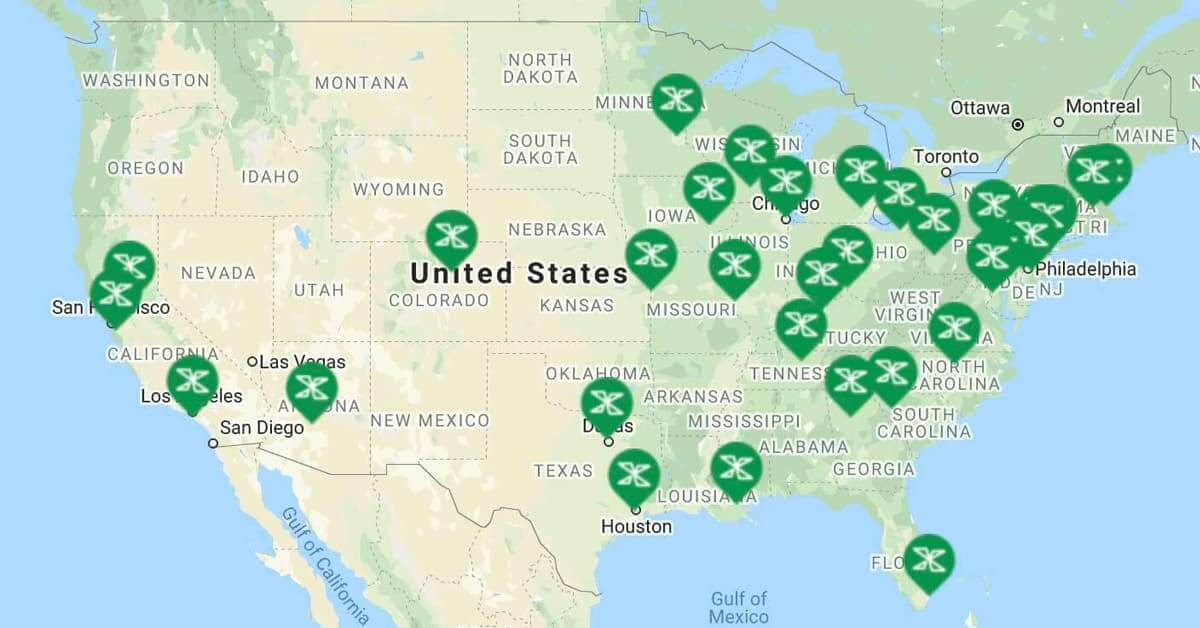We are excited to share journal publications like this one resulting from FORWARD data. There are many more papers currently in development, and the future for Fragile X syndrome research is bright as more data is gathered.
Evaluating Social Interactions Using the Autism Screening Instrument for Education Planning–3rd Edition (ASIEP-3): Interaction Assessment in Children and Adults with Fragile X Syndrome
Abstract
An efficient and direct measure of social interactions and autism symptoms is needed for fragile X syndrome (FXS) research and clinical care. The Autism Screening Instrument for Educational Planning-Third Edition (ASIEP-3) Interaction assessment is a brief standardized measure that quantifies social responses under different conditions.
The feasibility and validity of the ASIEP-3 was evaluated in 26 males and 13 females with FXS, along with cognitive testing and behavior questionnaires. The videos were scored at 10-second intervals, and the observed behaviors were scored as an interaction, independent play, no response, or aggression. In total, 39/41 participants successfully completed the ASIEP-3 (age M = 14.4 ± 10.2), with a range of cognitive abilities (abbreviated IQ (ABIQ) M = 58.9 ± 17.3, median = 50), behaviors (Aberrant Behavior Checklist (ABC) Total M = 37.00 ± 27.3), and autism diagnoses (N = 22/39). Reliable administration was demonstrated by all team members. The mean coded behaviors included interaction (40.6%), independent play (36.8%), no response (21.1%), and aggressive behavior (<10%).
The interaction score was negatively correlated with the Social Communication Questionnaire (SCQ) score (p = 0.037), and the profiles differed by autism spectrum disorder (ASD) diagnosis. The intraclass correlation coefficients (ICCs) ranged from 0.79 to 0.93 for master’s level and above. Administration of the ASIEP-3 was feasible for FXS across sex, age, ability, and behavior ratings by a trained research team. Reliable scoring required advanced training in the assessment of social development and FXS experience. The scores correlated to ratings and diagnoses of ASD. The ASIEP-3 shows promise to reliably index social interactions in FXS.
Cordeiro L, Braden M, Coan E, Welnick N, Tanda T, Tartaglia N. Evaluating Social Interactions Using the Autism Screening Instrument for Education Planning-3rd Edition (ASIEP-3): Interaction Assessment in Children and Adults with Fragile X Syndrome. Brain Sciences. 2020; 10(4):248. https://doi.org/10.3390/brainsci10040248
 About the FORWARD-MARCH Registry & Database
About the FORWARD-MARCH Registry & Database
Since 2012, the CDC has funded four FORWARD Fragile X studies to expand understanding of Fragile X syndrome. The NFXF has been coordinating study efforts since the beginning and has been vital in ensuring its success.
FORWARD-MARCH is the next step and will collect more detailed information from participants to better understand FXS and improve the lives of children and adolescents with FXS and the lives of their families.
Below are more journal publications resulting from FORWARD data.
more from forward
Predictors of Attendance at Fragile X Clinics
Research Summary // Samples showed that children who attended Fragile X clinics were mostly male, high-school aged or younger, and white, non-Hispanic.
Cliniciansʼ Experiences with the Fragile X Clinical and Research Consortium
Research Summary // Suggestions for improvement included additional financial support and increased utilization of collected patient data for research purposes.
Featured image↗ : Fig. 3 Mean Percentage of ASIEP-3 Interaction Assessment Scores in Fragile X without ASD compared to Fragile X with ASD. ASIEP-3: Autism Screening Instrument for Educational Planning—3rd Edition; ASD: Autism Spectrum Disorder



